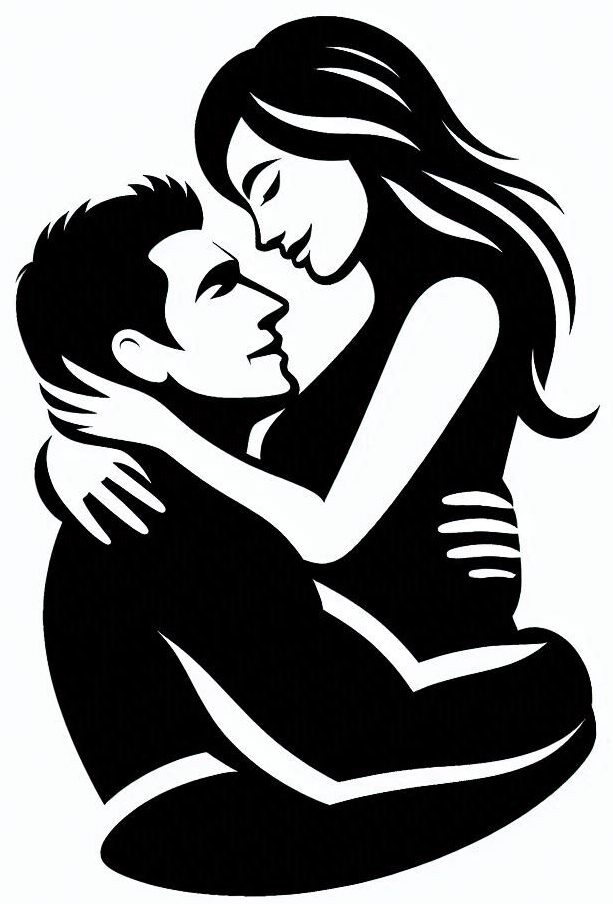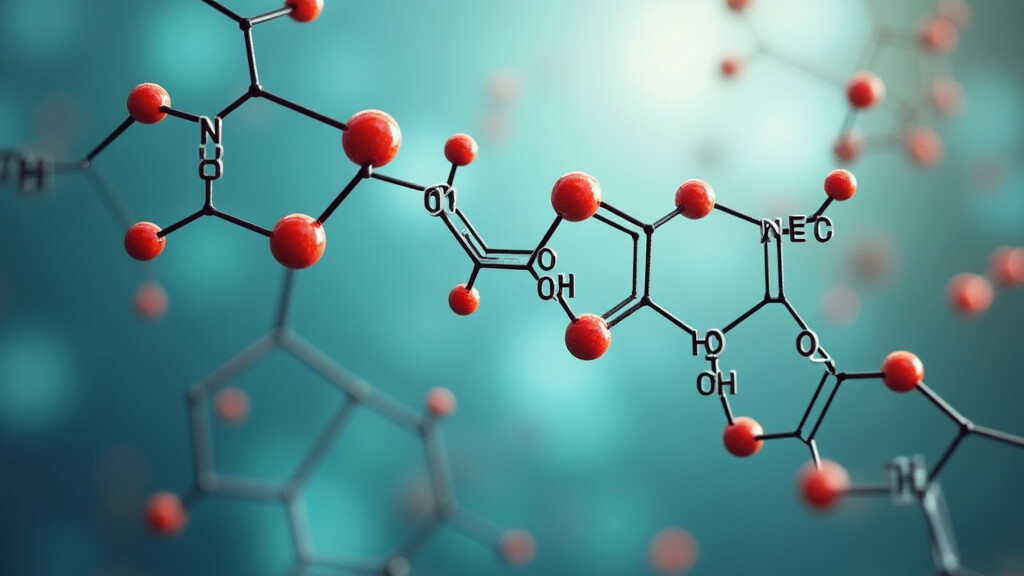Low testosterone levels can lead to a lot of issues for men, and one of the most frustrating is erectile dysfunction (ED). If you’ve struggled with keeping an erection or noticed a drop in your sex drive, you’re definitely not alone. Many men start to see changes as they age, or sometimes even earlier. So, if you’ve been wondering how testosterone fits into all this, I’m breaking it down in a clear, straightforward way. Here’s what you need to know about how testosterone may help with ED, what the science says, and what options exist.
Understanding Testosterone and Its Role in Men’s Health
Testosterone is the main male sex hormone, and it does a whole lot more than most people think. It’s responsible for things like muscle growth, hair patterns, mood, and energy levels. When it comes to sexual health, testosterone helps boost libido, supports sperm production, and keeps everything needed for sexual function running as it should.
Most testosterone is produced in the testicles, and your body keeps these levels tightly controlled. As men get older, testosterone levels naturally start to drop, usually beginning somewhere in their 30s. For some men, this dip is more noticeable and can lead to a condition called low testosterone (also called hypogonadism). Problems like low sex drive and erectile dysfunction are more likely to pop up in these cases.
Obvious warning signs of low testosterone aren’t always present, but classic symptoms include feeling tired, losing muscle, gaining weight, and, yes, changes in sexual function. If you notice more than one of these issues together, it’s probably a good idea to talk to a doctor about getting tested.
How Testosterone Affects Erectile Function
Getting and maintaining an erection isn’t just about arousal; it’s actually a pretty involved process. Your brain, heart, hormones, nerves, and blood vessels all need to work together. Testosterone plays a big role at several points, including:
- Libido Support: Testosterone helps boost desire, so if levels drop, you might not be as interested in sex, or may not respond to stimulation like you used to.
- Nitric Oxide Production: Testosterone helps trigger the release of nitric oxide, a chemical that relaxes blood vessels in the penis. This makes it easier for blood to flow in, which is needed for a firm erection.
- Mood and Energy: Low testosterone can sap your motivation and lead to mood swings, making it tougher to get into the mindset for intimacy.
Studies show that while testosterone isn’t the only part of the puzzle, it definitely matters. Men with low testosterone are more likely to report ED. When low testosterone is treated, some men see improvements in their erections and sex drive. On the other hand, men with normal testosterone levels generally don’t see much sexual improvement from extra testosterone.
It’s worth stating that even when testosterone levels aren’t extremely low, small decreases may still influence sexual function. Constant fatigue, irritability, or noticeabe changes in body composition could point to subtle hormonal issues that are worth addressing with your healthcare provider.
Recognizing When Low Testosterone Might Be the Problem
ED can crop up for all sorts of reasons. It’s sometimes tied to stress, anxiety, or poor sleep. More commonly, it’s connected to other health problems like diabetes, high blood pressure, or medication side effects. Still, low testosterone is a pretty common cause that shouldn’t be ignored, especially if ED starts at the same time as other symptoms like low energy, mood changes, or muscle loss.
If you’re facing ongoing ED, most doctors recommend checking testosterone levels through a simple blood test, usually done early in the morning, when levels are at their peak. If the numbers are low, your doctor might double-check or investigate possible causes, such as chronic illness or certain medications you’re taking.
ED with low testosterone often shows up in these ways:
- Lower interest in sex
- Trouble maintaining an erection, even with strong arousal
- Weaker morning or spontaneous erections
If these sound familiar, a medical evaluation of your hormone levels could be worthwhile.
How Testosterone Therapy May Help With ED
If blood tests confirm that your testosterone is low, your doctor might have a conversation with you about testosterone replacement therapy (TRT). There are a few ways to take testosterone—gels, patches, injections, or even tablets that go between your gum and cheek. TRT helps bring those low levels back to normal.
Here’s how TRT might help with ED for some guys:
- Restores Libido: Many men find their sex drive gets a healthy boost, making arousal and erections more likely.
- Improves Erections: Especially when low testosterone is the cause, TRT may make erections firmer, more frequent, and easier to maintain.
- Elevates Mood and Energy: Feeling more like yourself can lead to better sexual performance overall.
It’s important to mention that TRT is really for men who actually have low testosterone. If your numbers are normal, extra testosterone probably won’t fix ED, and could cause side effects you don’t want.
Some men considering TRT also worry about long-term safety. Current research shows risks like blood clots, sleep apnea worsening, increased prostate size, and changes in cholesterol or red blood cell counts, especially in men with a history of certain health issues. Your doctor should talk through these considerations before starting TRT, and regular blood work will help make sure things stay in a healthy range.
What to Keep In Mind Before Starting Testosterone Therapy
Testosterone therapy isn’t the answer for everyone, so having realistic expectations is key. Here are a few points to consider:
- Underlying Health Conditions: If you have other health issues, like diabetes or heart disease, treating those can matter just as much as raising testosterone levels.
- Side Effects: TRT can bring on acne, breast tenderness, higher red blood cell counts, and might worsen sleep apnea or some cancers. Regular follow-ups and lab results are important.
- Not a Magic Solution: Sometimes, ED is due to psychological or blood vessel problems, and testosterone on its own isn’t enough. Other treatments, like pills (Viagra or Cialis), vacuum devices, or counseling, might be needed along with or instead of TRT.
Talking openly with a healthcare professional helps you figure out if low testosterone is really at the heart of your ED or if another cause is more likely. A step-by-step approach with support from your care team goes a long way in finding the best path.
Debunking Myths About Testosterone and ED
There’s a lot of misinformation about testosterone and ED out there. Some common myths include:
- Testosterone fixes all ED: Definitely not—ED comes from various sources, and TRT helps most when the main cause is low testosterone.
- Testosterone therapy is dangerous for everyone: There are risks, but for many men under doctor supervision, it can be safe and helpful.
- Only older men get low testosterone: Low testosterone can impact men as young as their 20s or 30s, though it’s more common as you get older.
Keep expectations grounded and work together with a doctor to find the right combination of solutions for your ED.
Everyday Habits That Support Healthy Testosterone Levels
Tackling ED isn’t just about medication or hormone therapy—daily habits can really help. Consistency with good routines can keep testosterone in its best range and sometimes ease mild ED:
- Get enough quality sleep (7 to 8 hours a night recommended)
- Exercise regularly, mixing cardio and strength training
- Maintain a healthy weight
- Cut down on alcohol and steer clear of illicit drugs
- Stay on top of chronic health problems
- Eat a balanced diet with plenty of healthy fats and protein
These lifestyle habits work alongside medical treatments and contribute to better overall wellness. Even if you start testosterone therapy, good daily habits will help boost results and keep you feeling your best.
In addition, stress management techniques such as meditation, deep breathing, or talking with a counselor can support both hormonal balance and sexual performance. Limiting exposure to environmental toxins (like those found in plastics or processed foods) may also support hormone health, although more research is needed in this area.
Common Questions About Testosterone and ED
Here are some things men often ask about testosterone and erectile dysfunction:
Question: Can low testosterone actually cause ED?
Answer: Yes—low testosterone is linked to lower sex drive and sometimes trouble with erections. While it’s not the only reason for ED, low levels can definitely make a real difference for some men.
Question: Will taking testosterone fix ED right away?
Answer: Some men see improvements within a few weeks, while for others it might take a few months. Results really depend on the main cause of ED and your overall health.
Question: Are there risks to testosterone replacement?
Answer: Side effects are possible, including acne, higher red blood cell count, and some increased risks for heart issues or cancers, especially if not tracked closely. Doctors follow up regularly to help keep things safe.
Question: If my testosterone is normal, should I still try testosterone therapy for ED?
Answer: If your levels are normal, TRT probably won’t help and can cause side effects. Other treatments might be better if low testosterone isn’t the root cause.
Bottom Line
Learning about testosterone’s role in sexual health and addressing ED with both medical and lifestyle approaches puts you in control. If you think low testosterone could be playing a part, start with a chat and testing with your healthcare provider. While therapy can be life-changing for some, it’s not the right answer for everyone. Daily healthy routines, realistic expectations, and teamwork with your doctor lay the foundation for better sexual health and overall well-being. For more details, reputable resources like the Mayo Clinic (source) and the American Urological Association offer easy-to-understand guidelines and support. Keep asking questions, stay open-minded, and keep moving toward better health each day.

